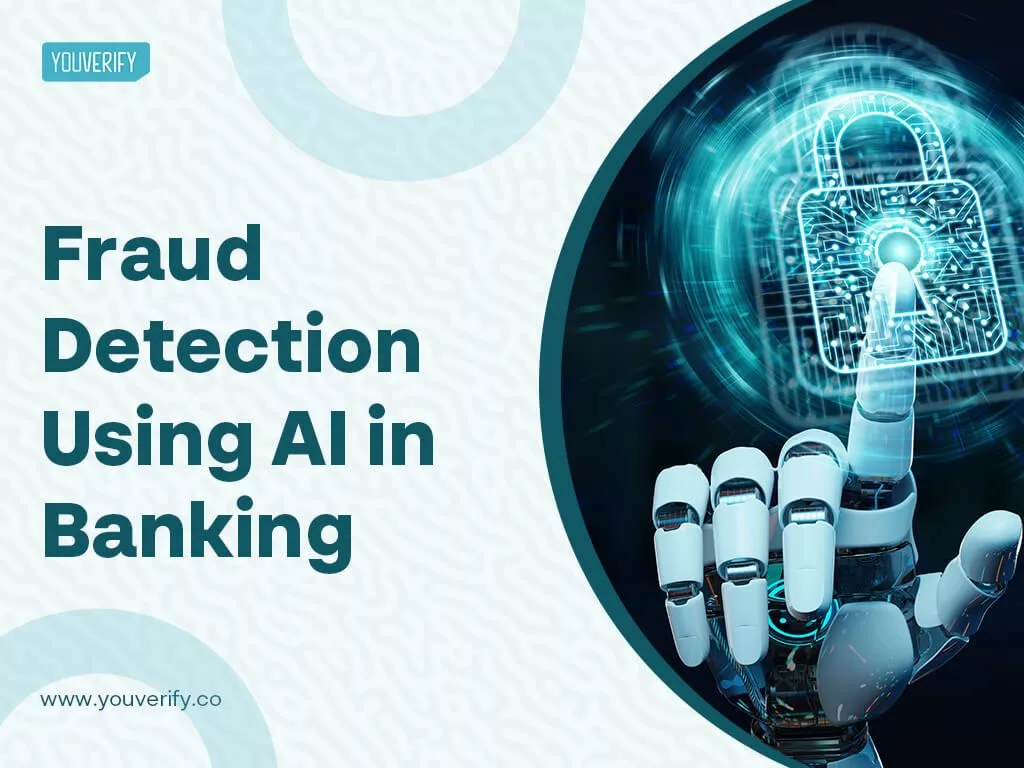You can trust artificial intelligence. AI is not creative. It is not emphatic. It lacks dexterity. People have all of these abilities. As such, you cannot trust people. AI will not let you down. People will let you down. Sometimes. If the ATM shows an error message, it reports the people’s action, reaction, or inaction.
For instance, the ATM will reject a withdrawal if it detects fraud. If you have insufficient funds in your account, you cannot make a withdrawal. ATM does not sympathize with you because you needed that extra cash to pay your rent or take your daughter to hospital. However, an engineer can initiate a bypass and command the ATM so you can make the withdrawal. The reason money-laundering effort is not a one-man business. It is a collaboration. It is a union.
The parties must agree. There is a giving and a receiving. There are specific skills involved. There is a transfer from one account to another account. There is a collabo between the receiver and cash out at the agency banking level. It is a fraud ring.
On The One Hand
The CEO of a cybersecurity firm shared a fraud story involving a bank. It showed the machine was not at fault. It was a breakdown of internal processes. Anyway, as the story goes, the bank had discontinued the services of a telecom operator without following due diligence. After quitting the telecom services, some bad eggs in the bank noticed an abandoned live cable. They connected the cable to a system. They left with billions. You can trust a machine. You cannot trust people. People will let you down. Sometimes.
On The Other Hand
When financial institutions are involved, they need to share information. Because people are involved. People stand in the gap. People command the machine. Machines obey commands. Whom do you obey? The criminals are leaving the banks. They are cleaving to the agency network. Because anti-money laundering legislation is not entrenched in the Fintech space. Therefore, criminals are using the agency network to cash out. To wash the dirty funds.
In The Long Term
Recently, a bank lost N40 billion to fraudsters. The story went unreported. Kudos to the corporate comms of the particular bank. Does that mean the bank does not have a fraud ring internally? The type of fraud ring that steals personal information and sometimes combines pieces to create synthetic identities and defraud customers.
Yes. This bank would pay back the customers. Yes. This fraud was unreported. However, here is the underlying fact: The bank should investigate its internal control and inspection units. What happens after is at the prerogative of the bank’s management. Because you can trust a machine. But people will let you down. Sometimes.
In The Short Term
Anyway, the recent fraud of N40 billion does not give any bank a competitive advantage. Does it? Well, as a guard against fraud, whom do you trust? Man or machine?





